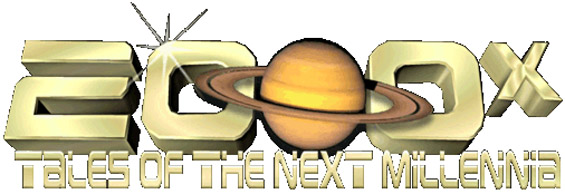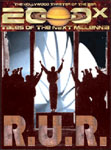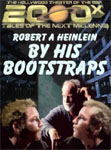
If you’ve been watching or listening to CPAC, you may have been mislead by a very bad translation.
CPAC’s podcast Canada’s House of Commons – Question Period for June 14th 2010 |MP3| (20:30 – 23:00)

The exchange in English, for the television broadcast (and captured in the podcast), went like this:
Carole Lavallée, Member of Parliament for Saint-Bruno—Saint-Hubert, asked:
[translated from French] “The artists and creators are hotly criticizing Bill C-32 on copyright and digital lock as stipulated under the act. It will not help them. because they will have to become detectives, investigators and attorneys in order to avail themselves of their rights. By forcing creators and artists to have to look after their rights themselves does the minister not understand that he is not protecting people well enough?[/French]
Hon. James Moore (Minister of Canadian Heritage and Official Languages, CPC) responded:
[translated from French]”Mr. Speaker here in the House we tabled Bill C-32 which is fair for everyone, consumers and creators. This is what the Canadian Association Of Film Producers said: ‘We hail the reform of Bill C-32. The Association of Film And Television creates more than 160,000 jobs in Canada. The Government’s actions have played an important role by protecting this area of copyright and creating new jobs.’ We have delivered the goods for both consumers and creators.”[/French]
Carole Lavallée, Member of Parliament for Saint-Bruno—Saint-Hubert:
[translated from French]”That’s a mistake. They have not considered the goods to the consumers. The Canadian Initiative for consumers considers that ‘the digital lock is a punitive approach that is proven ineffective elsewhere in the world. The rights of consumers will be limited and even denied by the entertainment industry.’ Those are the organizations responsible for consumer advocacy across Canada who have said this. How can the minister deny that his bill does not do anything for either creators or consumers.”[/French]
Hon. James Moore (Minister of Canadian Heritage and Official Languages, CPC):
[translated from French]”That’s completely false Mr. Speaker. This is something that was said by an organization that is very well known by my colleague. The Consumers Association of Canada say this bill is ‘an important step towards the maintenance of a competitive and thriving economy. Bill C-32 allow us to maintain a stable and competitive environment in Canada.’ And the only thing we’ve heard from the Bloc Quebecois is that they want us to impose a new tax on consumers $75 on iPods. That’s not out approach.[/French]
The problem comes at the end when it sounds as if Heritage Minister James Moore is citing a consumers advocacy organization.
HERE is the official exchange, from the “EDITED HANSARD.”
In it the “Consumers Association of Canada” turns out to actually be “the Canadian Chamber of Commerce” (which is ABSOLUTELY NOT a consumers advocacy organization). Here is the amended translation:
Hon. James Moore (Minister of Canadian Heritage and Official Languages, CPC):
Mr. Speaker, that is simply not true. This bill is good for both groups. An organization that my colleague knows well, the Canadian Chamber of Commerce, does act in consumers’ best interests. According to the chamber, Bill C-32 is ‘an important step toward maintaining a competitive, thriving economy. Bill C-32 is a monumental and essential measure that will go a long way toward maintaining a stable and competitive business environment in Canada.’ The only suggestion we have heard from the Bloc Québécois so far was to impose a new $75 tax on iPods. That is not in consumers’ best interests.
Myself, I would far prefer to pay a $75 levy on my next iPod, than be deemed a criminal. But maybe that’s because I don’t consider myself a consumer. I consider myself a voter.
[via Michael Geist and CPAC]
Posted by Jesse Willis

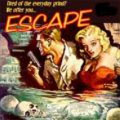



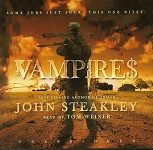
 Vampire$
Vampire$
